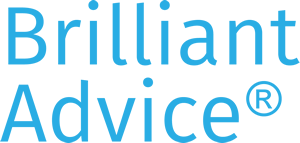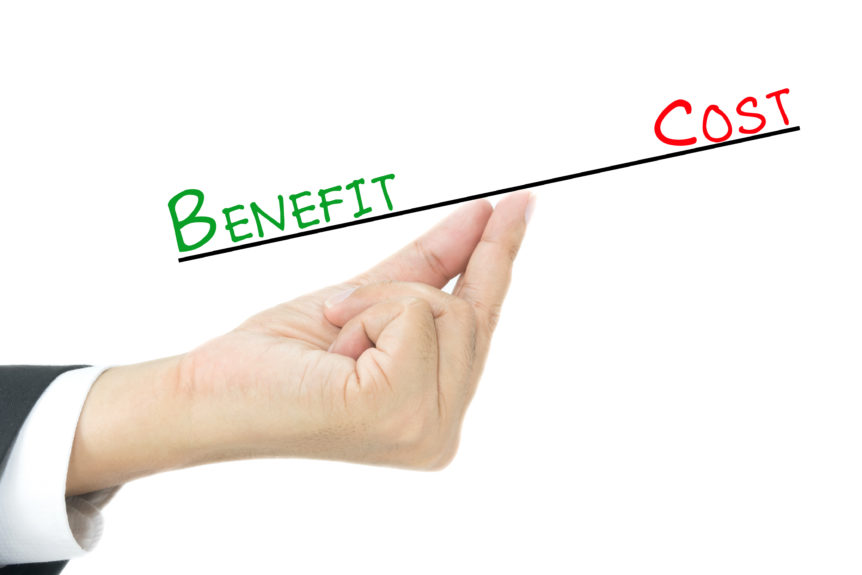Advice: “Guidance or recommendations concerning prudent future action, typically given by someone regarded as knowledgeable.”
It’s important to note that there is plenty of free advice available to anyone. Anywhere. Anytime. All you have to do is ask a few friends, your colleagues at work, surf the internet or watch TV, and you’ll receive more advice than you need! The problem with free advice is that it may not be coming from someone who is as knowledgeable as they ought to be and/or who does not have your best interests at heart. For example, ask a car salesman what car you should buy and the answer will likely depend on their estimate of how much you can afford to spend. People say “buyer beware” for good reason.
People who give advice for a living are often called advisors, consultants, counselors, guides, coaches, and professionals. They include accountants, doctors, financial advisors, lawyers, life coaches, nutritionists, personal trainers, school counselors, teachers, therapists, the list goes on.
A good advisor possesses deep knowledge and heaps of experience, is a good listener and problem solver, and always acts in your best interest. Often the very best advisors have tools, information and licenses that are not easily obtainable. Still, people have a hard time quantifying the benefits of professional advice.
When the benefits of hiring a professional aren’t quantifiable but the costs are, people may decide to do it themselves. After all, why pay good money for something when you don’t see a certain benefit?
The costs of not seeking professional advice are equally difficult to measure. Some indeterminate costs to consider include:
- The Cost of Becoming Educated. What are the costs of flying blind? Do you want to spend the time necessary to bring yourself up to speed, then to stay updated with the constant changes? How long will it take you to become knowledgeable?
- The Cost of What You Don’t Know. There are things that you know you need to learn, but what about the things that you don’t know you need to learn? How are you going to become aware of them?
- The Cost of Consequences. Do you understand how different things are interrelated? Actions in one area can often cause harm in another. How are you going to become aware of all the interconnected relationships and consequences?
- The Cost of Mistakes. Can you afford to learn from your mistakes? Some mistakes are minor, while others can be quite serious. If you make a mistake, how costly will it be, and do you have the time and resources to rebound from your mishap?
- The Cost of the Unknown. Do you have the temperament to do what is necessary to succeed? Sometimes the correct action or behavior is counterintuitive. Professionals are trained to cope with unplanned difficulties and disasters. How will you cope?
- The Cost of Time. What is the value of your time? How will you determine when you are spending too much time trying to solve a problem versus the alternative of paying someone else to solve it?
These are just some of the decisions you will face when considering the costs of professional advice.
Knowing when to ask for medical advice, legal advice, or any other type of advice – including financial advice – is very important. While there is a clear cost associated with engaging a financial advisor, don’t lose sight of the subtler costs of not working with one when your situation warrants it. When you stand to gain more than the fee charged by your advisor, the time is right to ask for advice.


